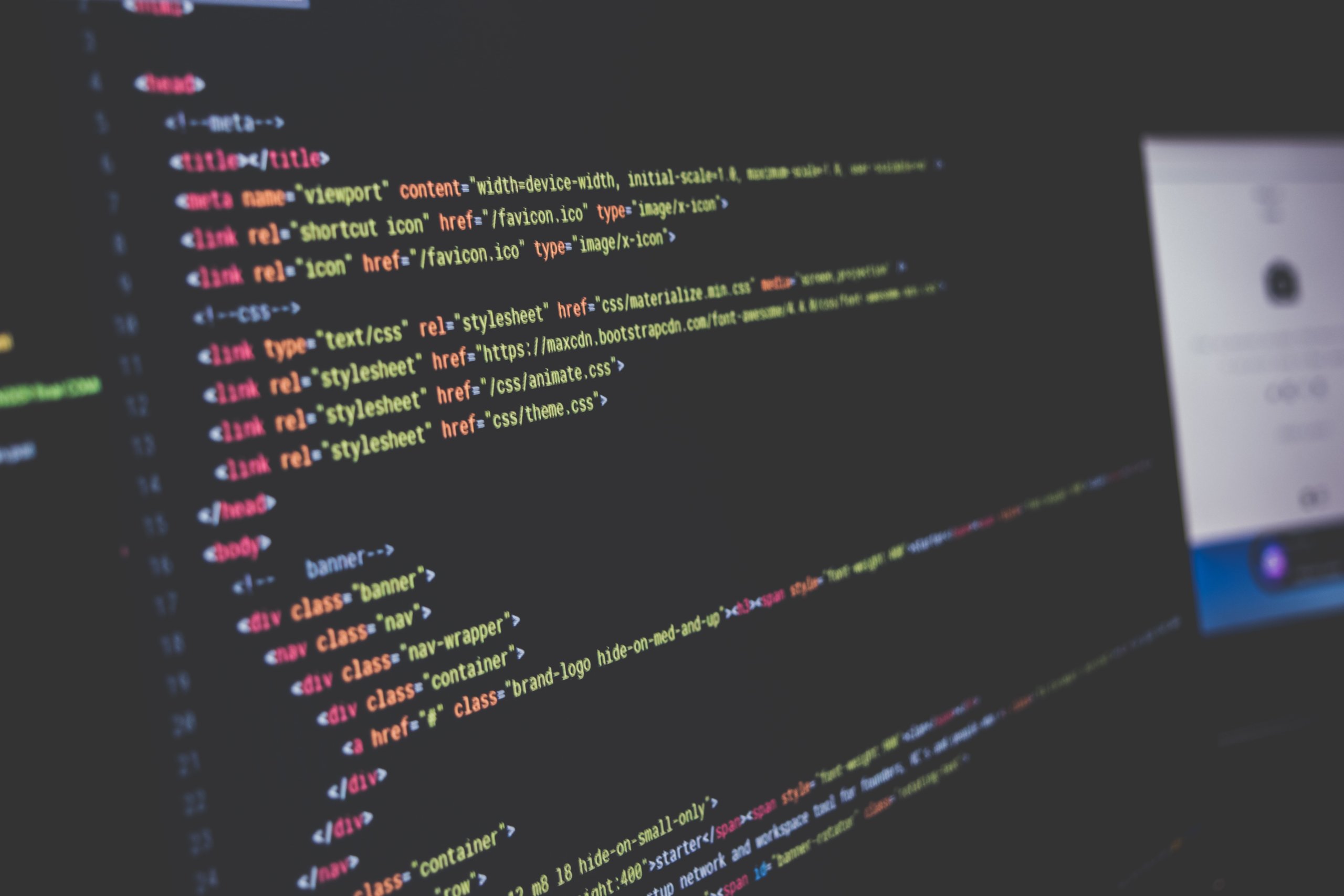Nvidia Uses Machine Learning to Magically Fix Flaws in Photos
July 19, 2018 - 3 minutes read New technology from Nvidia can help professional photo retouchers save some time and studio equipment. But it may also upset photographers who painstakingly put watermarks on their photos to stop the theft of their work.
New technology from Nvidia can help professional photo retouchers save some time and studio equipment. But it may also upset photographers who painstakingly put watermarks on their photos to stop the theft of their work.
AI-Powered Picture Cleaning
The company developed machine learning algorithms using over 50,000 before-and-after photos to remove graininess, text, watermarks, and noise. Headquartered an hour outside of San Francisco, Nvidia worked with researchers at MIT and the Aalto University in Finland to train the artificial intelligence (AI) system, dubbed ‘Noise2Noise’.
Noise2Noise was also trained with MRI scans and computer-generated imagery. Currently, the AI needs two different versions of one watermarked photo to erase the text. As the technology continues advancing, that need would be reduced to submitting only one photo to the AI for correction.
Applications as Far as the Eye Can See
We know what you’re thinking: “This would be great for creating memes!” While this may be true, the researchers have bigger plans in mind. They hope the AI can be used for improving telescopic photos of the night sky and our neighboring planets; the noise from these photos are often mistaken for stars.
The AI also has profound potential in medical settings; MRI usually requires a hefty amount of post-processing to remove noise. Roughly 5,000 images from 50 human subjects were used to train Noise2Noise on MRI scans. While the results were sometimes more blurry than the original image, they did still appear to have better definition.
Processing time for anyone using this tool would be reduced massively, and it could mean the difference between life and death for some patients. “This is a proof of concept that we trained on a public MRI database, but it might show promise sometime in the future that this can be practically applied,” says Jacob Munkberg, an Nvidia researcher.
Consequences of a Crisper Picture
Although the technology has not been released to the public yet, it’s already generated its fair share of controversy. Besides the obvious possibility that it could hurt many photographers’ incomes, the algorithms could also potentially aid in creating fake images as well.
Nvidia’s work was presented at the International Conference on Machine Learning in Stockholm, Sweden earlier this week. So far, there are no plans for a public release.
Tags: AI, AI and machine learning, AI and ML, AI App Developer, AI app developer San Francisco, artificial intelligence, machine learning, machine learning app developer, mobile app developer San Francisco, photo fix, photo retouching, photography, photoshop, San Francisco machine learning app development, San Francisco mobile app development








